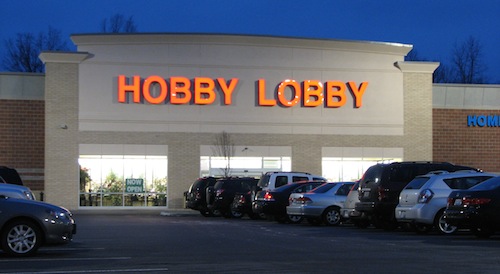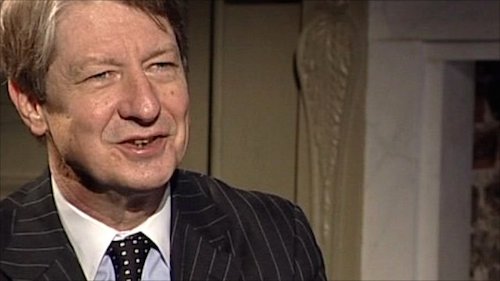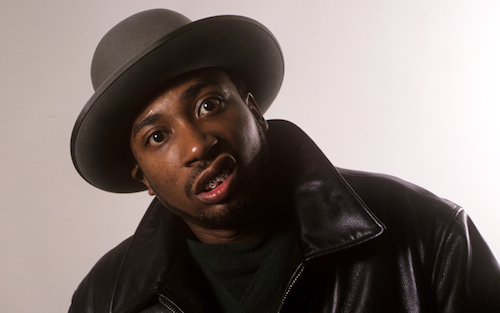Yesterday, the US Supreme Court ruled 5-4 to uphold the constitutionality of prayer before legislative bodies in Town of Greece v. Galloway. Although complainants Susan Galloway and Linda Stephens argued that the prayers before town council meetings in Greece, NY—led by invariably Christian chaplains —violated the establishment clause of the First Amendment, the court’s conservatives found that they served a largely ceremonial purpose. I mean “they” the prayers, not “they” the court’s conservatives—one of whom, Clarence Thomas, also opined that the First Amendment “probably prohibits Congress from establishing a national religion.” That’s not even the marquee quote from this case, though. The big one is from Anthony Kennedy’s majority opinion, and it’s the subject of today’s Close Reading. Primary text after the jump.
Tag Archives: supreme court
Supreme Court strikes down contribution limit
The Supreme Court ruled on McCutcheon v. FEC this morning, and American campaign finance restrictions got a little bit looser. I know what you’re thinking: finally, money can play some kind of role in electoral politics. In a 5-4 decision, the court overturned the individual aggregate limit on contributions to political parties, so you no longer need content yourself with donating a scant $48,000 to candidates every two years and $74,600 to party committees. Individuals can now give the parties of their choice as much money as they damn well please. As Chief Justice John Roberts put it, “there is no right in our democracy more basic than the right to participate in electing our political leaders.”
Do corporations get religious freedom?
The Supreme Court is now hearing arguments that corporations can opt out of the Affordable Care Act’s requirement to cover employee contraception on the basis of their sincerely held religious beliefs. In addition to a Mennonite cabinet maker, the Hobby Lobby chain has brought suit against the government, arguing that the morning-after pill and IUDs constitute abortion in their understanding of Christianity. Federal law already prohibits anyone from making employers to pay for abortions. An appeals court already ruled in favor of Hobby Lobby, citing Citizens United v. FEC in its determination that corporations enjoy freedom of religion in the same way they get freedom of speech.
Cato, O’Rourke file theoretically funny amicus in defense of “truthiness”
The Cato Institute and PJ O’Rourke have filed an amicus brief in the Supreme Court case Susan B. Anthony List v. Driehaus, arguing that “truthiness” is an essential part of political discourse. Props to Jacek for the link. Susan B Anthony List is an anti-abortion group that purchased a billboard claiming Ohio congressman Steven Driehaus supported taxpayer-funded abortion because he voted for the Affordable Care Act, which does not provide taxpayer funding for abortions. The claim potentially ran afoul of Ohio’s False Statements Law, which prohibits making false statements about political candidates. There are several reasons why the case is likely to be decided on procedural grounds—not least that Driehaus lost and withdrew his complaint—but Cato and O’Rourke make an interesting point.
New Jersey supreme court to consider admissibility of rap lyrics
During his 2008 trial for a shooting that occurred in 2005, Vonte Skinner saw his amateur rap lyrics used as evidence against him. The lyrics had all been written before the shooting and, according to this editorial in the New York Times, witness testimony against him was not credible, but Skinner still got 30 years. An appellate court overturned his conviction on the grounds that his raps should not have been admitted as evidence, and next week the New Jersey supreme court will hear the state’s appeal. The case raises some interesting questions about how society perceives hip hop and young black man. As Nielson and Kubrin put it, “no other form of fictional expression is exploited this way in the courts.”





